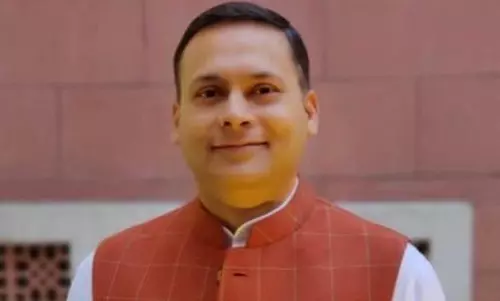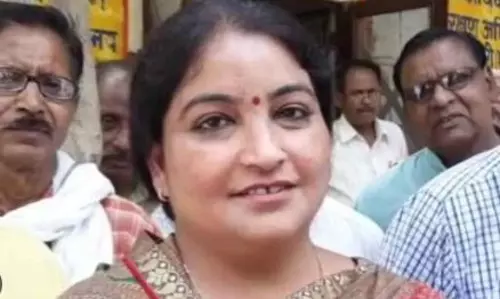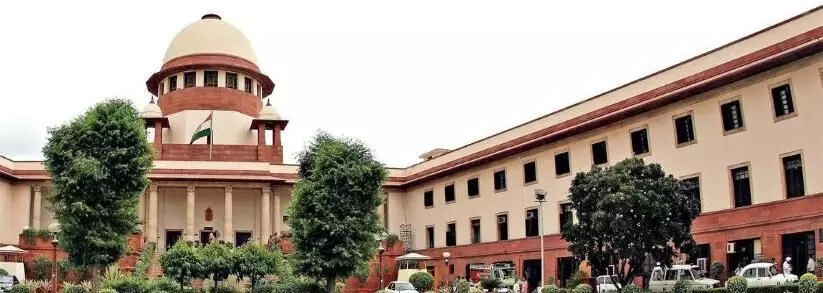
Stephen Hawking, Michael Schumacher mentioned by SC at 'living will' hearing
text_fieldsNew Delhi: The Supreme Court, which was deliberating a case on "living wills," or advance medical directives on end-of-life treatment, made note of eminent astrophysicist Stephen Hawking and former Formula 1 racer Michael Schumacher.
Despite agreeing to change its 2018 recommendations on "living will," a five-judge constitution bench led by Justice K M Joseph stated that it is up to the legislature to enact laws for terminally ill individuals who choose to cease receiving treatment.
He said if a person signs an advance directive before being affected with the disease, there may be chances that there are huge advancements in the field of medical sciences sometimes later and the disease becomes curable.
During the hearing, Justice Anirudhha Bose said, "If you follow the life of Stephen Hawking. At a very early age, there was a prediction." Hawking, who died on March 14, 2018, was also a patient with amyotrophic lateral sclerosis and his long survival after diagnosis has been a source of speculation.
Senior advocate Arvind Datar, appearing for one of the intervenors, said he knows a case wherein the person recovered after 21 years.
"Like Michael Schumacher, he is still in a coma, we don't know what will happen if some stem cell research will revive him. He is still alive," he said.
Justice Hrishikesh Roy, who was also a part of the bench comprising Justices Ajay Rastogi and Justice C T Ravikumar, said, "What is a critical illness for an ordinary person of normal wealth, is not critical for Michael Schumacher." The hearing will continue on Wednesday.
The top court had in its March 9, 2018 judgment recognised that a terminally ill patient or a person in a persistent vegetative state may execute an advance medical directive or a "living will" to refuse medical treatment, holding the right to live with dignity also included "smoothening" the process of dying.
It had observed that the failure to legally recognise advance medical directives might amount to "non-facilitation" of the right to smoothen the dying process and that dignity in that process was also part of the right to life under Article 21 of the Constitution.
The top court had laid down principles related to the procedure for execution of advance directives and spelt out guidelines and safeguards to give effect to passive euthanasia in both circumstances where there are advance directives and where there are none.
"The directive and guidelines shall remain in force till Parliament brings a legislation in the field," it had said.
The verdict had come on a PIL filed by NGO Common Cause seeking recognition of the "living will" made by terminally ill patients for passive euthanasia.
With PTI inputs


















